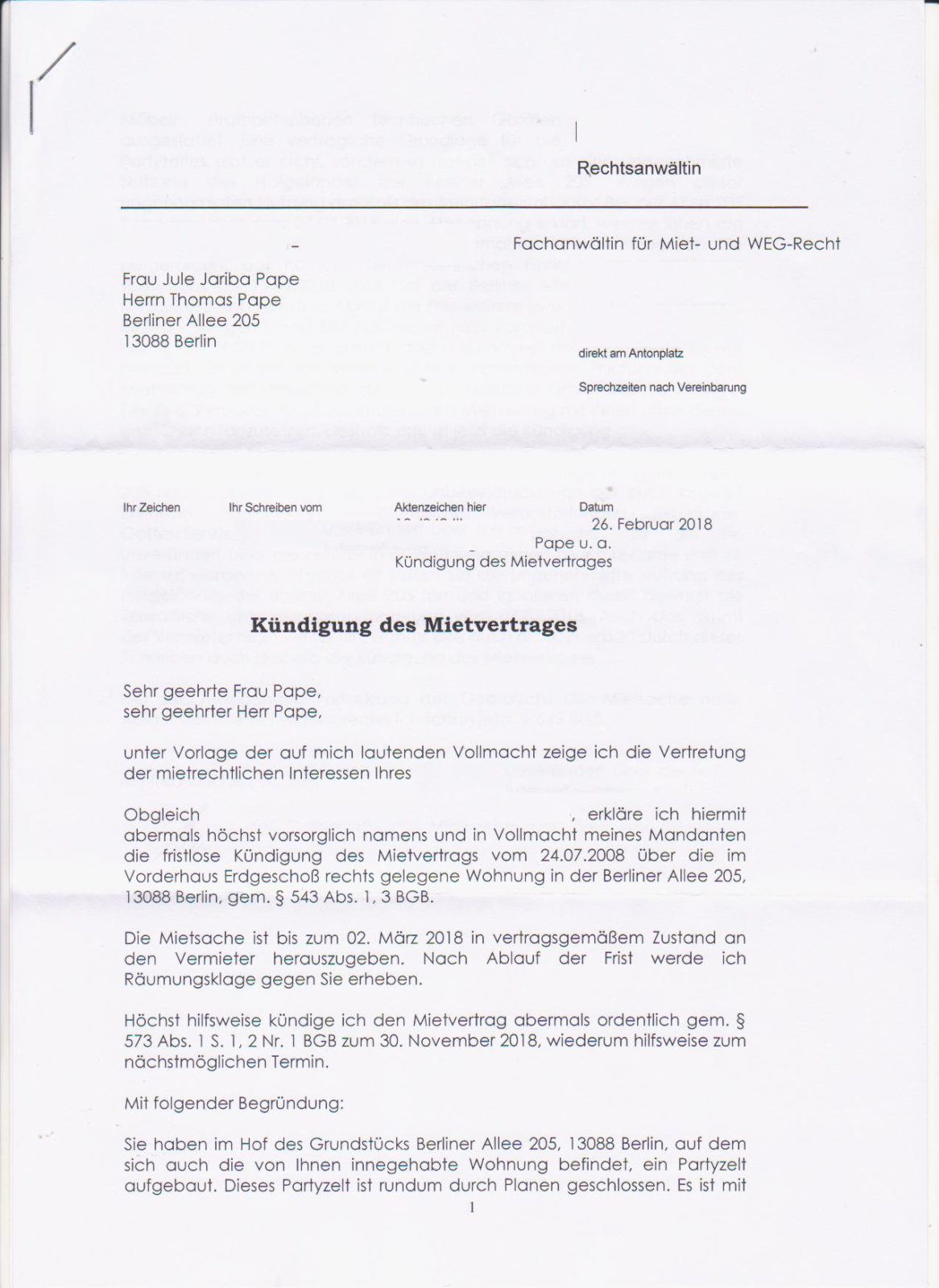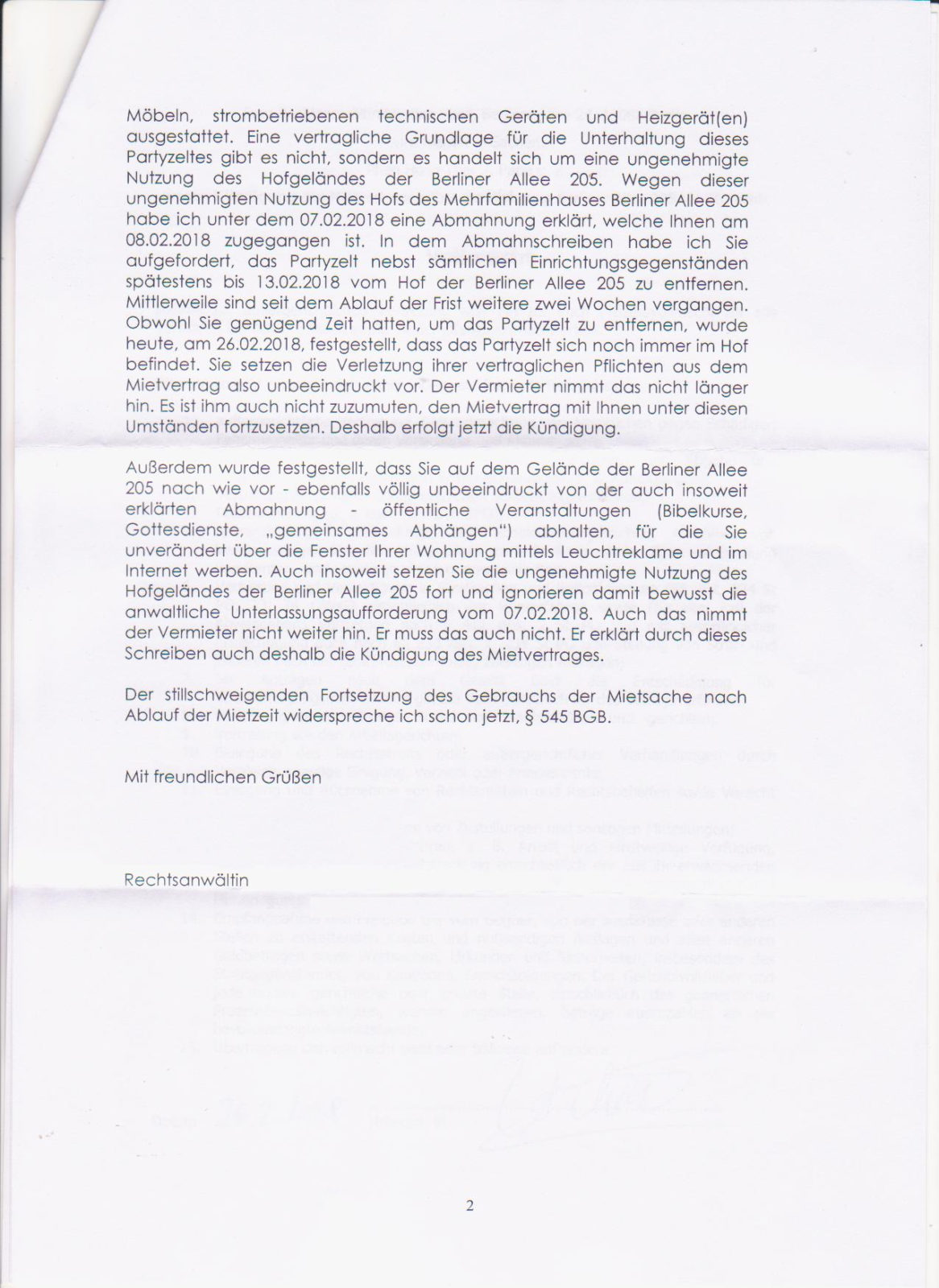Acknowledging God’s foreknowledge and also the genuine free will of humankind, especially with respect to the fall, raises obvious questions: Was the fall predestined? If so, how was the disobedience of Adam and Eve free? How are they truly responsible?
Since we aren’t told much in Genesis about how human freedom works in relation to divine attributes like foreknowledge, predestination, and omniscience, we need to look elsewhere in Scripture for some clarification. Let’s look at 1 Samuel 23:1–13. Note the underlining carefully.
1 Now they told David, “Look, the Philistines are fighting in Keilah and they are raiding the threshing floors.” 2 So David inquired of Yahweh, saying, “Shall I go and attack these Philistines?” And Yahweh said to David, “Go and attack the Philistines and save Keilah.” 3 But David’s men said to him, “Look, we are afraid here in Judah. How much more if we go to Keilah to the battle lines of the Philistines?” 4 So David again inquired of Yahweh, and Yahweh answered him and said, “Get up, go down to Keilah, for I am giving the Philistines into your hand.” 5 So David and his men went to Keilah and fought with the Philistines. They drove off their livestock and dealt them a heavy blow. So David saved the inhabitants of Keilah. 6 Now when Abiathar the son of Ahimelech fled to David at Keilah, he went down with an ephod in his hand. 7 When it was told to Saul that David had gone to Keilah, Saul said, “God has given him into my hand, because he has shut himself in by going into a city with two barred gates. 8 Saul then summoned all of the army for the battle, to go down to Keilah to lay a siege against David and his men. 9 When David learned that Saul was plotting evil against him, he said to Abiathar the priest, “Bring the ephod here.” 10 And David said, “O Yahweh, God of Israel, your servant has clearly heard that Saul is seeking to come to Keilah to destroy the city because of me. 11 Will the rulers of Keilah deliver me into his hand? Will Saul come down as your servant has heard? O Yahweh, God of Israel, please tell your servant!” And Yahweh said, “He will come down.”12 Then David said, “Will the rulers of Keilah deliver me and my men into the hand of Saul?” And Yahweh said, “They will deliver you.” 13 So David and his men got up, about six hundred men, and went out from Keilah and wandered wherever they could go. When it was told to Saul that David had escaped from Keilah, he stopped his pursuit.
In this account, David appeals to the omniscient God to tell him about the future. In the first instance (23:1–5), David asks God whether he should go to the city of Keilah and whether he’ll successfully defeat the Philistines there. God answers in the affirmative in both cases. David goes to Keilah and indeed defeats the Philistines.
In the second section (23:6–13), David asks the Lord two questions: (1) will his nemesis Saul come to Keilah and threaten the city on account of David’s presence? And (2) will the people of Keilah turn him over to Saul to avoid Saul’s wrath? Again, God answers both questions affirmatively: “He will come down,” and “They will deliver you.”
Neither of these events that God foresaw ever actually happened. Once David hears God’s answers, he and his men leave the city. When Saul discovers this fact (v. 13), he abandons his trip to Keilah. Saul never made it to the city. The men of Keilah never turned David over to Saul.
Why is this significant? This passage clearly establishes that divine foreknowledge does not necessitate divine predestination. God foreknew what Saul would do and what the people of Keilah would do given a set of circumstances. In other words, God foreknew a possibility—but this foreknowledge did not mandate that the possibility was actually predestined to happen. The events never happened, so by definition they could not have been predestined. And yet the omniscient God did indeed foresee them. Predestination and foreknowledge are separable.
The theological point can be put this way:
That which never happens can be foreknown by God, but it is not predestined, since it never happened.
But what about things that do happen? They can obviously be foreknown, but were they predestined?
Since we have seen above that foreknowledge in itself does not necessitate predestination, all that foreknowledge truly guarantees is that something is foreknown. If God foreknows some event that happens, then he may have predestined that event. But the fact that he foreknew an event does not require its predestination if it happens. The only guarantee is that God foreknew it correctly, whether it turns out to be an actual event or a merely possible event.
Interessant, -die Stelle aus 1.Samuel habe ich bestimmt schon des öfteren gelesen, aber dabei den Schluss zu ziehen, und dies mit der Prädestination in Verbindung zu bringen, war mir nie in den Sinn gekommen.





Neueste Kommentare